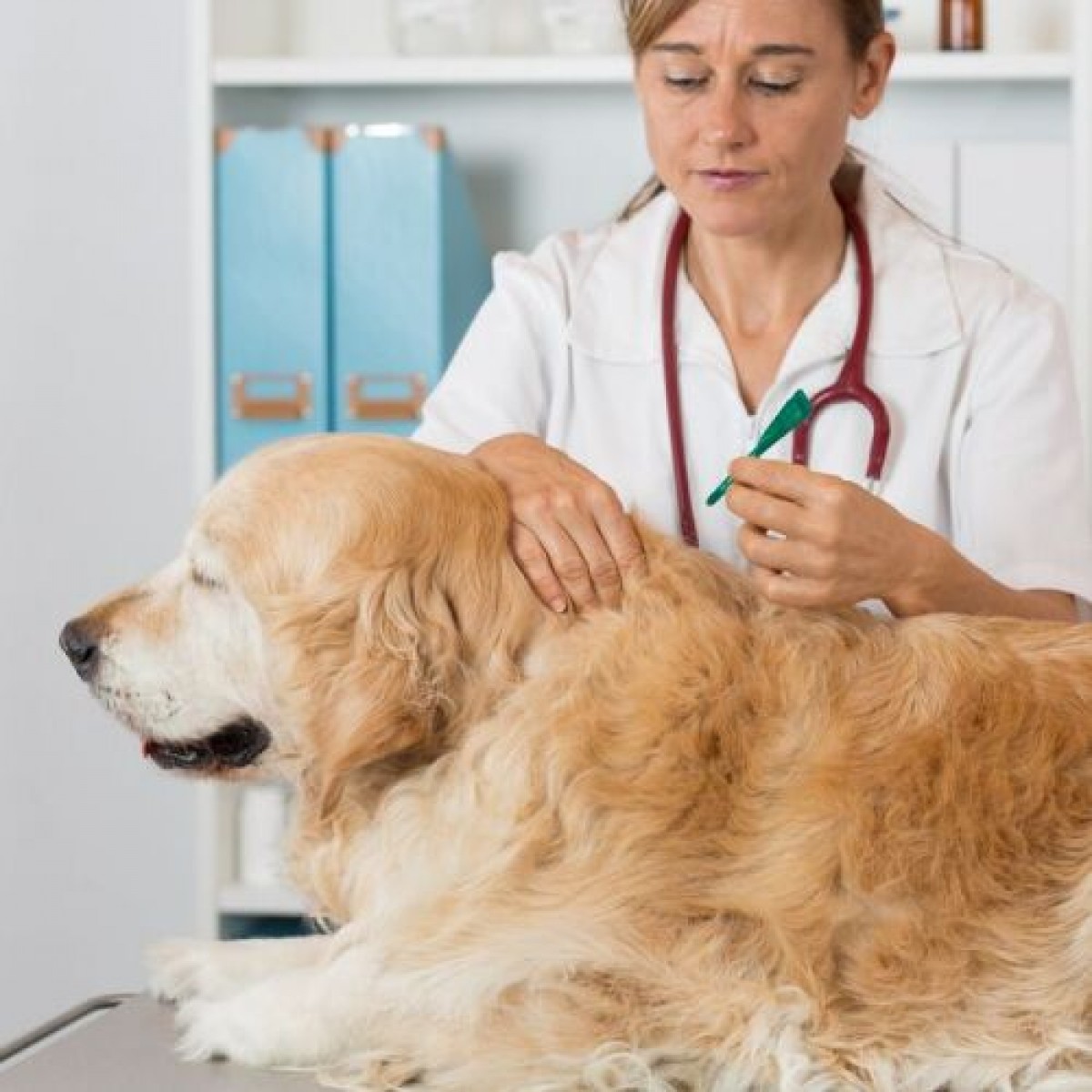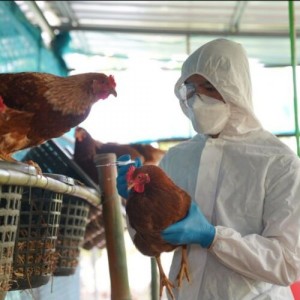What the FTC Non-Compete Rule Means for Your Veterinary Practice
by Jenny Alonge
The Federal Trade Commission (FTC) voted on April 23 to approve a rule that prohibits employers from enforcing non-compete policies for U.S. workers. The new rule is set to go into effect on September 4, 2024, and will apply to clinical and non-clinical employees in the veterinary industry. This decision could significantly impact how veterinary practices operate, hire, and retain employees, as well as change the dynamic for veterinary employees, veterinarians, and practice owners. Understanding the rule’s implications is crucial for veterinary practice owners, managers, and staff. Here’s a detailed look at what the FTC’s non-compete rule means for your veterinary practice.
Understanding non-compete clauses
Non-compete clauses are contractual agreements between employers and employees that restrict employees from working for competing businesses or starting a similar business in a certain geographic area and time frame after leaving their employer. These clauses are typically used to protect trade secrets, maintain client relationships, and prevent skilled employees from moving to competitors.
The FTC’s motivation for enacting the non-compete rule
Following a notice of proposed rulemaking that the FTC issued in January 2023, the organization received more than 26,000 comments, describing how noncompetes blocked workers from taking a better job, negotiating better pay, or starting their own business. The commission also heard from small businesses and entrepreneurs who claimed non-competes prevented them from starting new ventures or hiring skilled workers to help grow their businesses. Currently, about 30 million people are subject to non-competes, and the FTC estimates that the ban will:
- Help new business formation grow by 2.7%, creating more than 8,500 new businesses each year
- Increase workers’ earnings by $400 billion to $488 billion over the next decade, with average individual earnings rising an estimated $524 per year
- Reduce health care costs by $74 billion to $194 billion over the next decade, because less will be spent on physician services
- Increase innovation, with an average estimated increase of 17,000 to 29,000 more patents each year over the next decade
FTC non-compete rule details
The FTC determined that non-competes violate Section 5 of the FTC Act, which prohibits “unfair or deceptive acts or practices in or affecting commerce.” Specific details include:
- The rule prohibits employers from instigating new non-competes as of September 4, 2024.
- The rule prohibits employers from enforcing non-competes with workers, except for senior executives who earn more than $151,164 and are in a “policy-making position.”
- Employers must notify workers whose non-competes are no longer enforceable.
- The rule includes an exception that allows non-competes between the seller and purchaser of a business.
- The rule will apply to every U.S. state, so non-competes will be consistent country-wide.
Implications for veterinary practices
The FTC’s non-compete rule could have several significant implications for veterinary practices, including:
- Increased employee mobility — Veterinary professionals, including veterinarians, veterinary technicians, and support staff, would have greater freedom to switch jobs without fear of legal repercussions. This could lead to higher turnover rates as employees seek better opportunities, higher salaries, or more favorable working conditions.
- Competitive hiring landscape — With non-compete clauses banned, veterinary practices may face increased competition for skilled employees.
- Protection of trade secrets and client relationships — Without non-compete clauses, practices will need to find alternate ways to protect trade secrets and client relationships. This may include implementing strong non-disclosure agreements (NDAs) and confidentiality clauses and fostering strong client loyalty through excellent service.
- Legal and contractual agreements — Veterinary practices will need to review and revise their employment contracts to comply with the new rule. This includes removing non-compete clauses and ensuring other contractual provisions are legally sound and enforceable.
Preparing for the change
To prepare for the FTC’s new non-compete rule, veterinary practice owners and managers should consider the following steps:
- Reviewing current contracts and consult with legal experts to ensure compliance with the new rule and adjust other contractual terms, as necessary
- Developing and implementing strategies, such as competitive salaries and benefits, work-life initiatives, and career growth opportunities, to improve employee satisfaction and retention
- Fostering a positive workplace culture that values employee contributions, encourages professional development, and promotes teamwork and collaboration
- Participating in industry forums, webinars, and training sessions to stay updated on legal requirements and best practices
The FTC’s non-compete rule represents a significant shift in employment practices across all industries, including veterinary care. The rule aims to enhance worker mobility and foster competition but also presents challenges for veterinary practices. By understanding the implications and proactively adapting to the changes, veterinary practices can continue to thrive in a competitive and dynamic environment.














List
Add
Please enter a comment